Blog
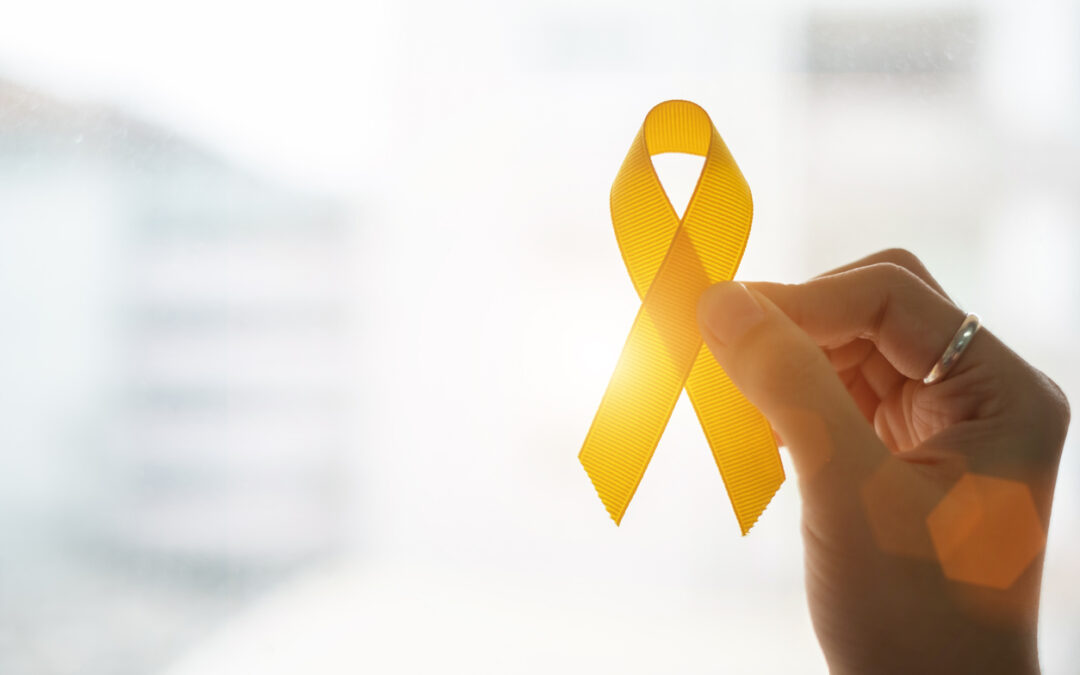
Don’t Forget the Forgotten Cancer: July is Sarcoma Awareness Month
Often times, when people hear the word “cancer”, sarcoma isn’t one that quickly comes to mind. Some may not even know what a sarcoma is--so it’s no surprise that it’s considered the “forgotten cancer.” To bring it to the forefront, July has been declared Sarcoma Awareness Month. Now, more than ever, is the perfect time to learn more about this rare disease. What is Sarcoma? Sarcomas can be broken into two main types: soft tissue sarcomas and bone sarcomas. There are, however, more than 50 different subtypes that fall under these two categories. Soft tissue sarcoma is a broad term...
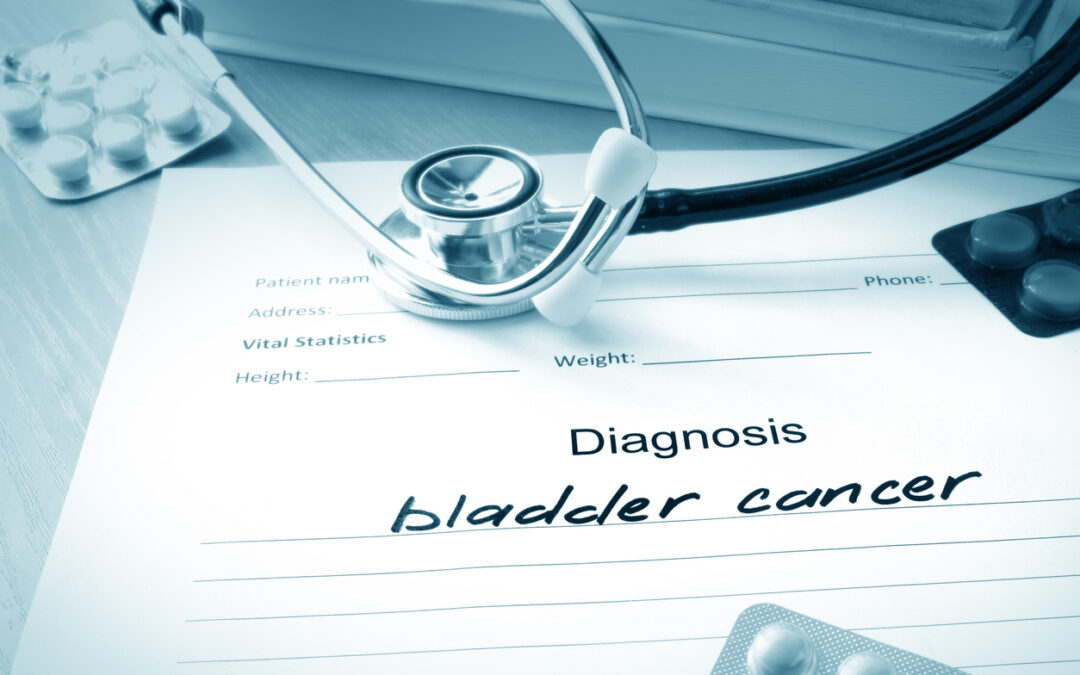
Signs & Symptoms of Bladder Cancer
Approximately 228 Americans are diagnosed every day with bladder cancer. July is recognized as National Bladder Cancer Awareness Month, and Arizona Oncology would like to remind all men and women to speak with their healthcare providers about the signs and symptoms, as well as screenings, for the disease. By finding cancer early, treatment is more effective. According to the American Cancer Society, it is estimated that nearly 83,190 new bladder cancer cases are expected this year, and more than 16,800 people will lose their lives to the disease. Knowing the signs and symptoms of bladder...

Yoga for Breast Cancer Patients
If you're recovering from breast cancer, the medicines that are part of your treatment program can have unwanted effects. You and your oncologist have chosen a path for your breast cancer treatment, but it's also important to add things to your routine that will help you feel better both mentally and physically. These are called complementary therapies. Yoga is an exercise and breathing therapy that has been proven to help breast cancer patients and survivors. What is Yoga? Originating in India over 5,000 years ago, yoga began as a complete lifestyle that combined exercise with ethics...
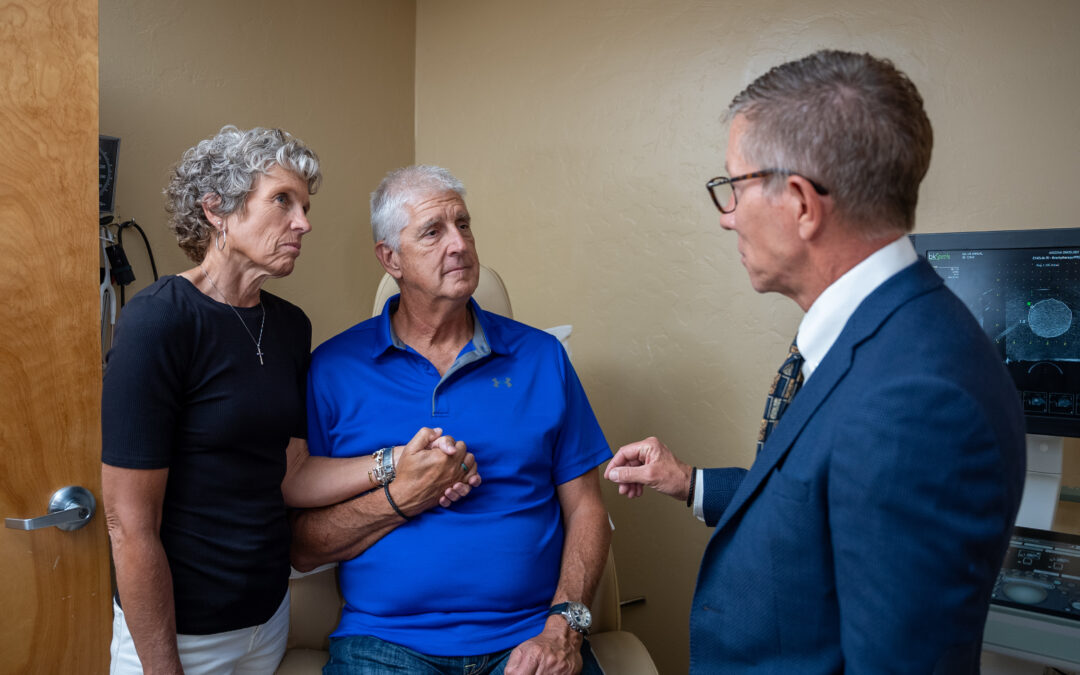
Prostate Cancer Treatment
One in seven men will be diagnosed with prostate cancer, the most commonly diagnosed cancer in men excluding skin cancer. Men, aged 65 or older, have a family history of prostate cancer, a female relative with a BRCA positive breast cancer, or are African American, have a greater risk of being diagnosed. Though prostate cancer can be a serious and scary diagnosis, many men are not likely to die from prostate cancer. Signs and Symptoms of Prostate Cancer Prostate cancer in its early stages usually has no symptoms. As the cancer grows, men may have difficulty urinating, urinate...

Cancer Immunotherapy: Harnessing the Power of the Immune System to Fight Cancer
In recent years, cancer immunotherapy has emerged as a groundbreaking approach in the field of oncology, revolutionizing the way we think about cancer treatment. By leveraging the body's own immune system, this innovative therapeutic strategy has shown remarkable potential in the fight against cancer. Let’s delve into the realm of cancer immunotherapy, exploring how it works, its effectiveness, and some of the most significant advancements in this field over the past decade. What is Immunotherapy? Cancer immunotherapy encompasses a diverse range of treatments designed to stimulate...

Don’t Fry Day: Protecting Your Skin from Skin Cancer
The National Council on Skin Cancer Prevention has designated the Friday before Memorial Day as “Don’t Fry Day”–a day to encourage awareness of sun safety in hopes of reducing the rates of skin cancer caused by overexposure to ultraviolet (UV) rays. With a little planning, you can enjoy the summer sun and protect your skin–not just on this day, but every day. The Importance of Sun Safety Sunshine is enjoyable–but too much exposure to the sun can be dangerous. Overexposure to UV rays can result in more than a painful sunburn. It can also lead to more serious health problems, including...

7 Skin Cancer Prevention Tips to Protect Yourself from the Sun’s Harmful UV Rays
Skin cancer is the most common form of cancer in this United States, but it is also one of the most preventable. With the heat and activity of the summer months still upon us, it is important to be proactive in protecting your skin from the sun and other sources of ultraviolet (UV) radiation. UV rays are invisible to the naked eye and are more intense in the summer, at higher altitudes, and in areas closer to the equator. Overexposure to ultraviolet radiation from the sun causes sunburn (erythema), skin cancer, premature aging (skin wrinkling), cataracts (gradual clouding of the...

Prostate Cancer Risks, Signs, Symptoms and Screening
Prostate cancer is the most commonly diagnosed cancer in men after skin cancer. One in nine men will be diagnosed with prostate cancer in their lifetime. Learning the facts about the risk factors, screenings, and symptoms can help you understand your risks and create a personal medical plan. Risk Factors of Prostate Cancer Prostate cancer typically has nothing to do with your lifestyle or personal habits. However, there are certain indicators that could signal you are at an increased risk of getting the disease. If you have a combination of risk factors, your doctor may...
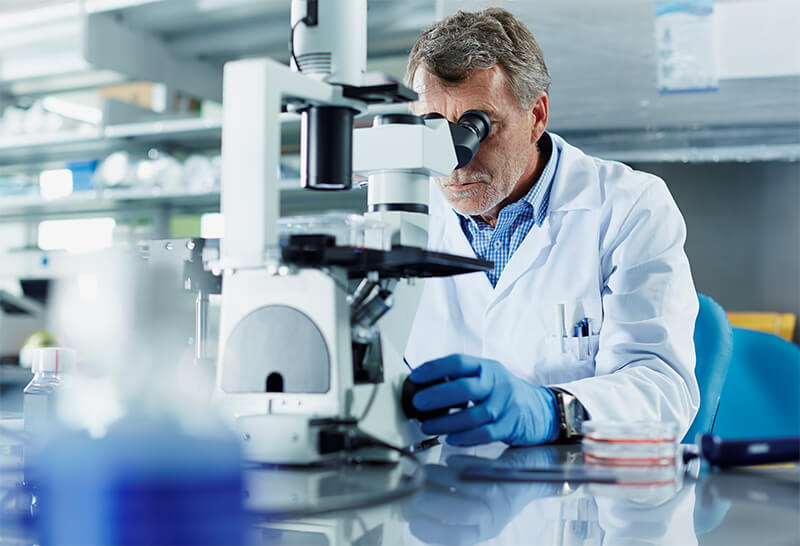
Clinical Trials for Cancer Patients: What You Need to Know
Cancer is a complex and challenging disease that requires continuous research to develop new treatments and improve patient outcomes. Clinical trials play a crucial role in this process as they provide a way to test the safety and effectiveness of new cancer therapies. Clinical trials also offer hope to patients and families who are dealing with this disease. If you are considering taking part in a cancer clinical trial, here are some things you should know. What are clinical trials? Clinical trials are research studies that involve human participants to evaluate new treatments, drugs,...
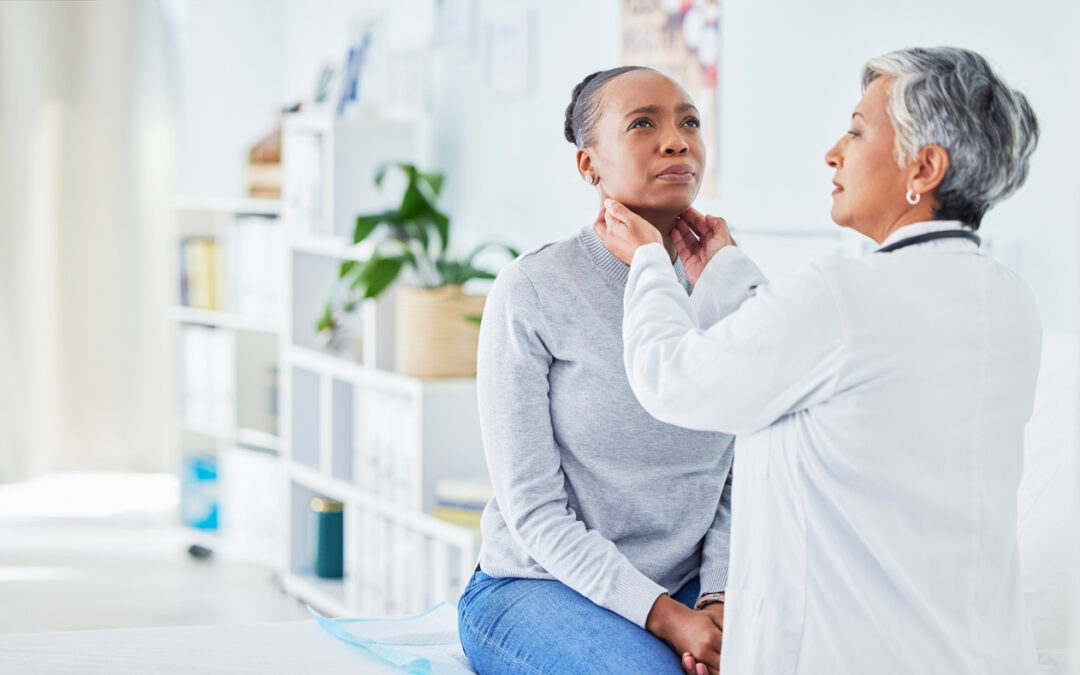
Men and Women Need to Get Screened for Oral, Head and Neck Cancers
April is Oral, Head & Neck Cancer Awareness Month and Arizona Oncology, a practice in The US Oncology Network, would like to remind both men and women to speak with their healthcare providers about getting screened for the disease. Oral cavity and oropharyngeal cancers are more than twice as common in men as in women and occur most often in the tongue, tonsils and oropharynx, gums, floor of the mouth, and other parts of the mouth. It is estimated that approximately 39,500 people will get oral cavity or oropharyngeal cancer in the United States this year, and an estimated 7,500 will lose...


